Patient PLS, (38 years old, residing in Trinh Tuong commune, Bat Xat district, Lao Cai province) had symptoms of abdominal pain and fatigue. After examination, he was found to have right liver tumor . Patient has a history of hepatitis B and alcoholism.
The patient was hospitalized for treatment at the Center for Oncology and Nuclear Medicine. Doctors conducted an examination and completed paraclinical tests to assess the stage of the disease and consulted to find an appropriate treatment plan.
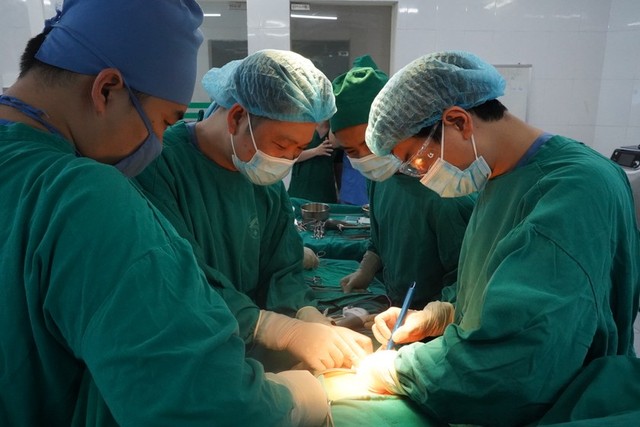
Magnetic resonance imaging (MRI) showed that the patient had a large diameter liver tumor located in the center of the liver, pressing against the hilum of the liver. The MRI showed malignant properties (HCC), and liver cancer markers were all at high levels.
After consulting with central specialists, the doctors concluded that liver resection was the most effective treatment. The patient then underwent central liver resection (segments VIII and IV).
The surgery went smoothly. After 3 hours of surgery, the patient had a central liver resection, and the patient's vital signs were guaranteed.
Doctor To Minh Hung, Director of the Center for Oncology and Nuclear Medicine, said: "Liver resection is a difficult technique, and central liver resection is many times more difficult. The main difficulty in this case is that the tumor is located in the middle of the liver and is quite large, located in the center of the liver on an area rich in blood vessels and bile ducts. The risk of bleeding and bile leakage during and after surgery is very high.
The surgical process must be very careful to avoid damaging the vascular pedicle that nourishes the remaining liver. In addition, the anterior liver resection method does not move the liver, helping to limit the spread of cancer cells as well as stabilize the left liver.
What should people with hepatitis B do to prevent complications?
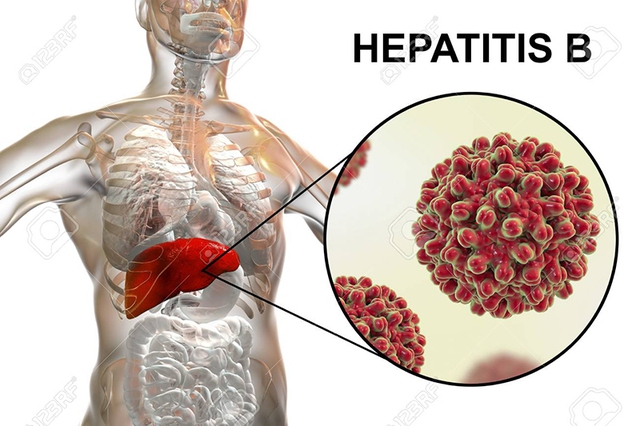
Illustration
Hepatitis B and C viruses are one of the causes of cirrhosis and liver cancer. Therefore, people with hepatitis B and C must be actively treated according to the regimen of a specialist. In addition, they need to be fully vaccinated against hepatitis B and C viruses.
In addition, patients need to have a healthy lifestyle for the disease to progress well and prevent complications. Specifically, patients should have a nutritious diet, supplement foods rich in good protein (fish, fresh milk, beans, etc.), whole grains, green vegetables, fruits and should choose soft, easy-to-digest foods.
Patients also need to avoid foods that are harmful to the liver and digestive tract such as fried foods, foods high in fat, foods high in cholesterol such as animal organs, egg yolks, shrimp, etc., foods that are hot such as goat meat, turtle meat, dog meat, etc., and do not eat foods that are too sugary, too salty, too spicy, or undercooked. Most importantly, patients need to absolutely abstain from alcohol and stimulants because they will directly harm the liver.
Source





![[Photo] Prime Minister Pham Minh Chinh chairs conference on anti-smuggling, trade fraud, and counterfeit goods](https://vphoto.vietnam.vn/thumb/1200x675/vietnam/resource/IMAGE/2025/5/14/6cd67667e99e4248b7d4f587fd21e37c)


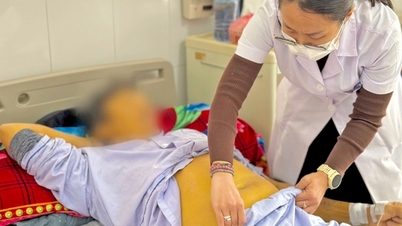



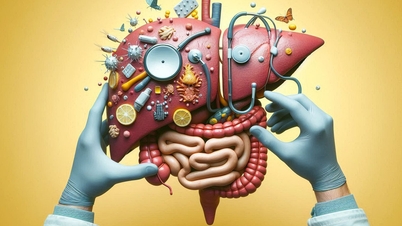
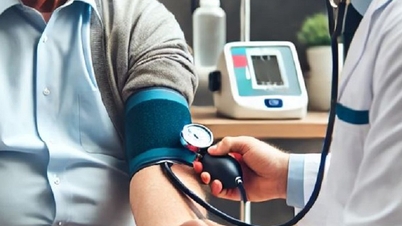

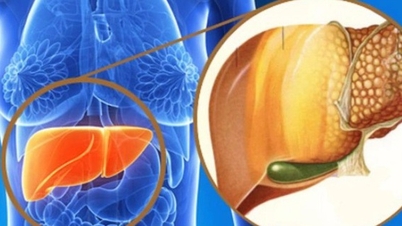
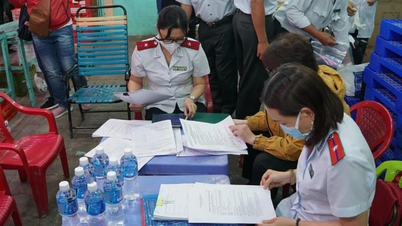

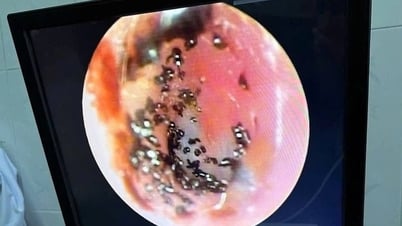
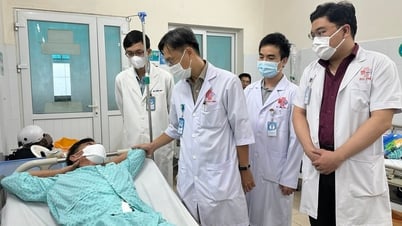

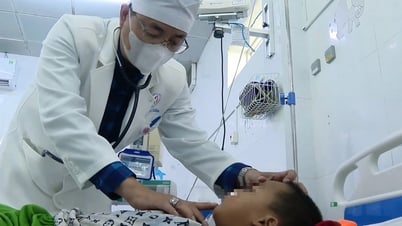

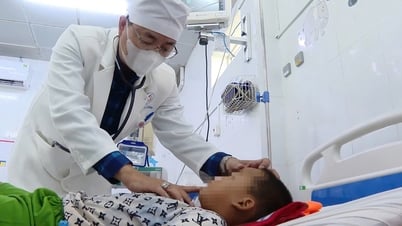










































































Comment (0)